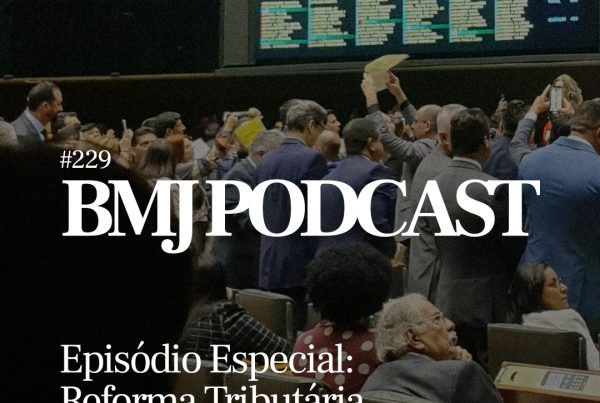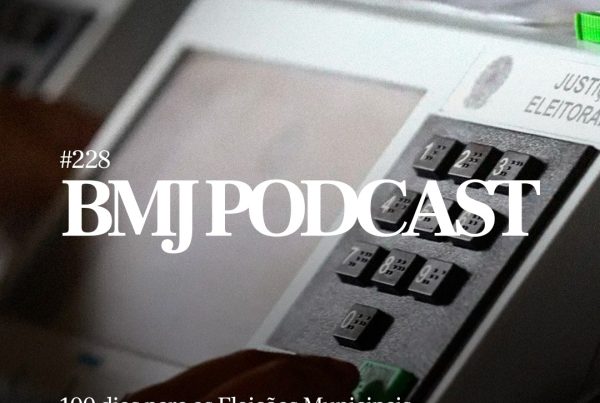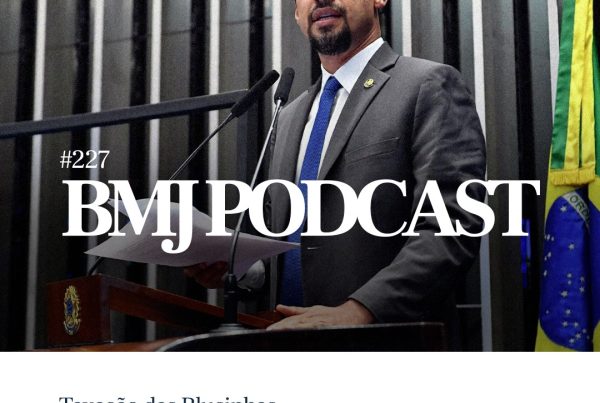The popular Brazilian saying, “Brazil is a country of the future, and always will be”, is indicative of a population that knows that it has everything needed to become a global powerhouse – but just maybe not today, since despite the best of intentions, local politics, bureaucracy, corruption, and prolonged investigations often delay the country’s investment projects from coming to fruition when planned, that is until the World Cup came to Brazil. Yes, the World Cup and its impregnable contract with FIFA has been responsible for creating something little-heard of until now in Brazil: deadlines and harsh consequences for non-compliance. Brazil now touts expanded and refurbished airports, state-of-the art stadia, new urban transportation systems and 4G communications systems, in addition to more efficient and effective government services, including immigration, customs and national security, all thanks to the World Cup and the multiple clauses of that infamous FIFA contract, which coincidentally, also brought beer to the fans inside Brazilian stadiums.
Despite claims by some World Cup protesters, it’s safe to say that if it weren’t for the FIFA World Cup contract, Brazil’s airports would still be running well over capacity, transportation projects would still be in the planning process, and local hospitality services would likely still be relatively uncompetitive. The moral of Brazil’s World Cup story: despite available funds and round-the-table agreement that Brazil needed to speed-up its investments in infrastructure to stay competitive, sometimes it takes an outside actor to force positive and timely changes that may otherwise not be attainable alone – and it is exactly this effect that a Free Trade Agreement (FTA) with the European Union could have for Mercosur’s trade policy – but, only if an agreement can be reached.
Since the suspension of Paraguay and accession of Venezuela in June 2012, the Mercosur customs union has for various reasons lived a moment of de-facto quiescence, unable to not only finalize the necessary four-state[1] joint offer to exchange with the European Union, but the bloc has also not maintained its internal technical and decision-making meetings, nor has it advanced its customs union agenda, or formally decided which member will take over the ‘next’ Presidency, which is already six months past-due[2]. CNI, Brazil’s National Confederation of Industries, recently published a 19-page report, “Integração Internacional, Jan/March 2014”, lambasting Mercosur’s ‘paralysis’ for complicating business in the bloc, detailing 17 different thematic categories of issues pending within Mercosur, which equally complicates the day-to-day business operations of Mercosur’s private sector as well as the long-term prospects for the bloc’s international competitiveness.
Suffice it to say that at present, Mercosur is in a very different place than the European Union when it comes to organizational development, but that’s not to say that this paradigm can’t change quickly with strong Brazilian leadership and a political commitment to comply with the bloc’s liberalization commitments. The pressure is on both the EU and Mercosur to finally bring the 14-year FTA negotiations to a successful conclusion, but even more so on Mercosur, as the EU has an ever-expanding trade agenda and has devoted increasing attention over the past year to the Transatlantic Trade and Investment Partnership negotiations with the US, while Mercosur continues to have most of its hopes pinned on a deal with the EU. Despite the EU’s continued interest in completing an ambitious FTA with Mercosur, the Commission has publically stated that negotiations with Mercosur must advance significantly in this round in order to continue at all.
Given Brazil’s current stagnant economy, recent reports that President Dilma no longer expects a deal with the EU this year are worrying[3], especially considering: (1) a deal with the EU is within reach, with or without Argentina[4]; (2) Brazil and Mercosur run the risk of not only losing the attention of the EU, but also the interest of other potential bilateral FTA partners; and, (3) it is precisely an ambitious trade deal with the EU that Brazil needs in order to show investors that its economy is back on track, it is serious about improving its competitiveness, and that it values its economy and the basic needs of its own private sector over the needs of Argentina, a country that has the natural resources and technical capabilities necessary to become an economic dynamo, but unfortunately has a President that seems to only amplify the country’s economic woes.
European Union officials however reject the notion that they are no longer interested in the Mercosul FTA, with one anonymous senior EU official telling me, “We were surprised to see recent comments questioning the EU’s enthusiasm for a deal, especially given the recent comments made by Chancellor Merkel in support of picking up the pace of negotiations. It’s increasingly frustrating that this important trade deal gets bogged down with delays, but we remain fully behind an agreement with a good and ambitious offer to be presented to Mercosur, but it’s important that we receive something similar from Mercosur soon. The EU has a growing trade negotiations agenda with markets across the world and a deal with Mercosur would be an important part of this.”
With the most recent deadline for an offer exchange in June already missed, upcoming Brazilian elections and a change of command in the European Commission, the pressure is on. Brazil’s trade balance is shrinking and its private sector is vocally supporting the agreement as a means of better inserting itself in global value chains, but Argentina continues to drag its feet. Time slips by. The region’s key trading partners are using Mercosur’s dealing with the EU as a barometer to assess the bloc’s economic maturity and its commitment to liberalize trade. If EU negotiations go astray due to Mercosur unpreparedness, it is highly unlikely that other economic powers will be willing to dedicate resources to enter into new Mercosur negotiations.
Brazilian political leadership is needed to ensure a successful conclusion to the negotiations – but an FTA is only as good as the compliance of its parties. One has to question how Mercosur will be able to guarantee compliance with the EU when it cannot guarantee free trade within its own customs union. Mercosur has become a place where DJAIs[5] rule, meetings are continuously postponed, and national governments are forced to send Ministers to Buenos Aires on a routine basis in an attempt to normalize trade flows with its fellow Mercosur partner. Lacking the mutual geographical borders and common South American political affinities, it’s highly unlikely that the EU will put up with that type of behavior – and that’s a good thing, for when facing FTA non-compliance, like FIFA’s impregnable World Cup contract with Brazil, it will be the EU’s recourse to the FTA’s dispute settlement mechanism and ultimately, the WTO, that will be able to do for Mercosur what it has not yet been able to do for itself – put member-state political issues aside, comply with its trade liberalization commitments, and provide its private sector with a stable business environment – that is, if Brazil first demonstrates the necessary political direction to lead Mercosur (with or without Argentina) to a successful conclusion of mutually beneficial and comprehensive FTA negotiation with the EU.
____________________________________
Dawn Alexandra Brown holds a MSc in Development Planning from University College London,The Bartlett Development Planning Unit. She is an International Trade Consultant for Barral M Jorge Consultores in the area of multilateral trade.
[1] Brazil, Argentina, Paraguay and Uruguay will participate in the Mercosul offer. Venezuela has announced that it will not participate.
[2] President Dilma recently said that Paraguay would hold the next Presidency, but that has yet to be confirmed by other Mercosul members.
[3] On 26 June 2014, the Brazilian press reported that President Dilma’s advisors blamed EU-Mercosur negotiations falling off schedule to “European resistance” to the agreement, but Brazilian press reports immediately preceding those reports, and leading up to Chancellor Merkel’s 15 June visit to Brazil, stated that Mercosur was unable to finalize its offer for the EU because Argentina was demanding a longer time period before Mercosur would have to begin to reduce import tariffs on European products (Brazil, Paraguay and Uruguay all reportedly agreed to a faster timeline). Additionally, Argentina and its Mercosur partners were reportedly unable to agree on the final products needed to bring their offer from 87% trade coverage to the required 90% (O Estado de São Paulo, 15 June 2014, “Presidente brasileira e chanceler alemã se reúnem em Brasília para tartar de pontes com o Mercosul”). Brazilian press also reports that fears of an Argentinean sovereign debt crisis due to the U.S. Supreme Court’s refusal on 16 June 2014 to hear Argentina’s appeal case against bond holdout investors, is also negatively affecting Mercosur’s ability to negotiate with the EU, as Argentina is now obligated to pay US$1.3bn to holdouts and creditors (Folha de São Paulo, 26 June 2014, “Acordo do UE e Mercosul não deve sair em 2014”).
[4] Brazilian, Paraguayan and Uruguayan negotiators were until recently willing to exchange differentiated offers with the EU in order to grant Argentina additional flexibility, but Argentinean insistence that Mercosur present one unified offer has for the time being seemingly discarded the possibility of differentiation, despite the fact that until now it appears that Argentina has only impeded the finalization of Mercosur’s offer.
[5] Declaración Jurada Anticipada de Importación (Anticipated Import Sworn Statement in English) is an Argentinean Non-Automatic Import Licensing Requirement. Argentina’s DJAI was included in a swath of the country’s import regulations questioned in the WTO in March 2012 by 43 countries for violating international trade rules. The WTO ruled against Argentina’s DJAI during the first week of July, 2014.







